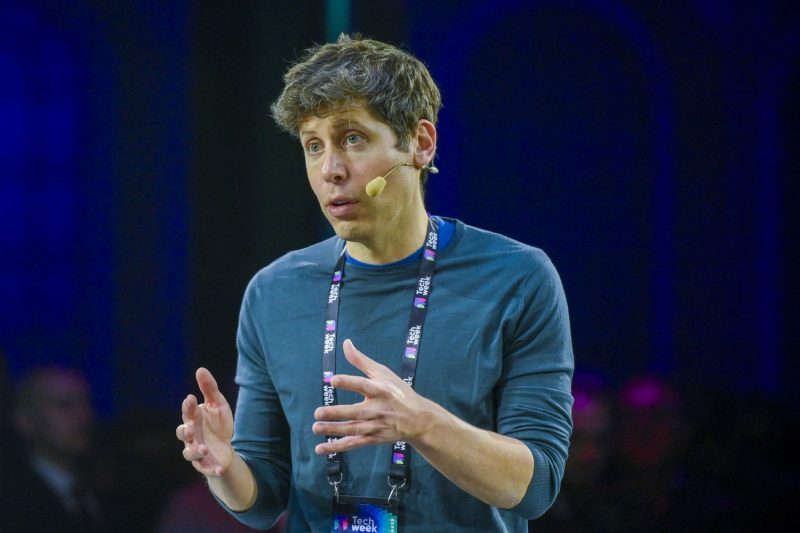Sam Altman, the renowned technologist and CEO of OpenAI, has recently announced that there are no plans for him to receive a giant equity stake in the famous artificial intelligence research organization. The news came as a surprise to many as Altman is often seen as the driving force behind the company’s successful projects and research. This article aims to offer insights into the matter while providing a broader understanding of the role of Altman in OpenAI.
OpenAI, which can be classified as a semi-nonprofit organization, technically operates under a cap-profit structure. This means that its equity is used to benefit the employees, fund its future projects, and ensure the long-term viability of the organization. The fact that Altman, who has proven himself instrumental in driving the success of the organization, will not receive a significant equity stake has left many pondering over the implications.
Altman has been a significant figure in the world of tech entrepreneurship prior to stepping into his position as CEO at OpenAI. He is a former partner at Y Combinator, a startup accelerator, and co-founder of Loopt, which was acquired by Green Dot Corporation. His decision to not claim a significant stake displays a degree of leadership integrity that is rare in today’s business landscape. It is his belief in the company’s mission of ensuring artificial general intelligence (AGI) benefits humanity that seems to be guiding his actions.
OpenAI has set a cap for its employees’ income at $1million plus bonuses tied to societal impact. Under this cap-profit structure, the income, including equity stakes, are designed to be enough to attract and retain top talent but not so much as to corrupt the integrity and objectives of the company. Altman’s announcement stems from these principles. He stated that his decision aligns with the company’s commitment to make AGI safe and beneficial.
Observers have noted that this decision isn’t simply a gracious act by Altman but also a defined strategy that follows OpenAI’s Charter. Within the Charter, it states, We commit to assisting value-aligned, safety-conscious projects that come close to building AGI before we do. In this sense, Altman is ensuring that the company stands by its word, aligning himself accordingly.
This announcement by Altman has received mixed reactions from various sectors. For employees and supporters of OpenAI, it showcases the unyielding commitment of their leader to the cause. It presents an alternative model to the traditional emphasis on personal financial enrichment, instead focusing on shared societal benefits. On the other hand, some critics argue that it may hinder the competitive edge of OpenAI as many high-performing organizations use equity stakes as a form of motivation.
To sum up the situation, it can be concluded that Altman’s decision not to take a significant equity stake from OpenAI reflects the unique operating principles of the organization and his commitment to their vision. As OpenAI continues to develop its potential, this decision will likely play a critical role in shaping future dynamics within the company, the broader industry, and the continuing discourse about the use of artificial intelligence for societal advancement.




